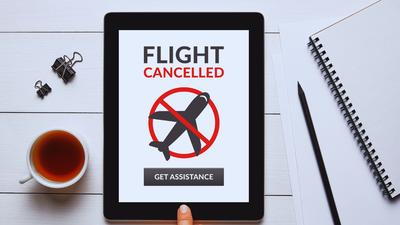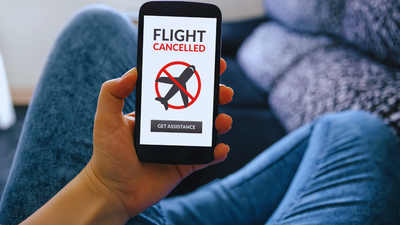Danger could be lurking in your house. No, we aren’t talking about ghosts or creepy insects, but a place where you spend time every day. Well, if you are wondering if it’s the kitchen, because of all the knives and tools, it’s not. Dr. Dmitry Yaranov, a leading heart transplant cardiologist based in Memphis, has explained about the ‘most dangerous room’ in every house. What room is it? Let’s take a look.

Most dangerous room in the house
“You think it’s the kitchen with the knives… or the garage with the tools. But for some people, it’s the bathroom,” the cardiologist says. Thousands of people faint, or even die, while on the toilet, according to the doctor. Why?

Most people who have gut issues, such as constipation, often tend to strain during bowel movements. About 12% of people worldwide have reported self-defined constipation. Straining during defecation can trigger a dangerous physiological response known as the Valsalva maneuver.“Straining during constipation triggers the Valsalva maneuver, you hold your breath and push,” Dr. Yaranov said. So, when you have constipation and strain, you hold your breath and push, which increases pressure in your chest.“That spikes the pressure in your chest, slows blood flow back to your heart, drops your blood pressure, and cuts oxygen to your brain,” he adds. People who have heart disease, arrhythmias, or are on high doses of heart failure meds that already lower their blood pressure are at much higher risk.According to a recent study of over 400,000 people, those with constipation had a higher risk of major heart problems compared to those with regular bowel movements. People with both high blood pressure and constipation had a 34% higher risk when compared to those with high blood pressure alone.
How to prevent constipation ?

Constipation is a condition where one may have fewer than three bowel movements a week. The poop would be hard, dry, or lumpy. As the stool is hard, people may have difficulty or pain in passing the stool or a feeling that not all the stool has passed. As many as one in five people experiences chronic constipation, according to data. This condition is more common in women, especially as they get older. Constipation increases the likelihood of straining.
So, how do you fix it?The cardiologist suggested adding more fiber to the diet. Fiber will help to bulk up the stool and pass smoothly without straining. Similarly, drinking adequate water is crucial. Dehydration can make the stool hard and difficult to defecate. Regular exercise can also keep constipation at bay. He also suggested taking stool softeners if needed. “Don’t ignore chronic constipation, it’s not just uncomfortable, it can be dangerous,” he added.











